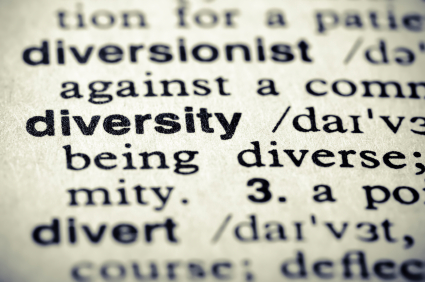Disability Language
Words Matter, But the Rules Are Simple
Don't worry too much about language. A wheelchair user will not break down into tears if you utter the word "walk," nor will a blind person at use of "look" or "see." These are commonly used words, and it's much more important to them that you relax.
 That said, people with disabilities are sensitive to language that implies the negative: that they are "not able" or that they are damaged goods.
That said, people with disabilities are sensitive to language that implies the negative: that they are "not able" or that they are damaged goods.
So the rules are pretty simple: stick to language that is positive and implies active, whole people.
The most reliable approach: "People-First" language. People with disabilities. A person with vision loss. A person with Down Syndrome. A Little Person.
Or use positive, active language. I am a "wheelchair user." I am not "confined" to my wheelchair, nor am I "wheelchair bound." In fact, from my point of view, I'm liberated by it.
Here is a list of terms to avoid. You'll see that they fit the model of implying the negative.
Left (paralyzed, blind, etc.) Crippled Afflicted Abnormal |
Victim Sufferer Paralytic Invalid |
Retarded Lunatic Mongoloid Spastic |
Good management requires understanding the actual, current circumstances that surround a business, and being informed of the resources available for that organization to achieve its goals. Managing change is a priority, and disability has changed radically.
It's time to get up to speed.
General Etiquette | Helping Etiquette | Wheelchair Users | Vision Loss | Hearing Loss
Cognitive Impairment | Speech Impairment | Invisible Disabilities | Disability & Language
